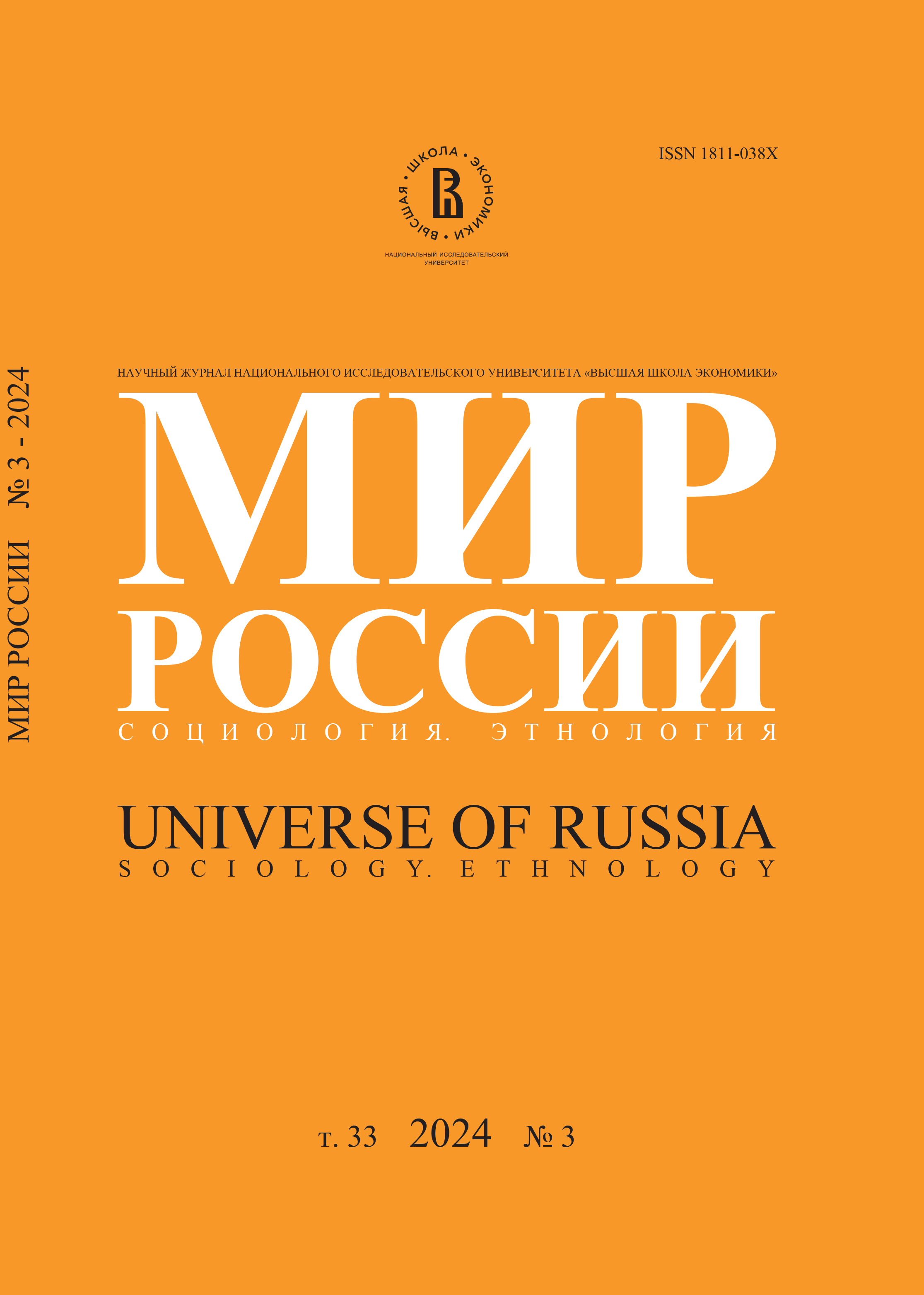Climate Discourse in Russia: From the Dichotomy of Climate Consciousness to Four Forms of Climate Policy
Abstract
This article investigates features of climate discourse in Russia, which is developing along with the increasing global risks of climate change. The participants of the discourse are scientists, officials, entrepreneurs, and representatives of other social groups, who are balanced between two extreme forms of climate consciousness—climate skepticism and climate alarmism. In accordance with the assessment of climate challenges, an attitude is formed towards the state climate policy being developed for the elimination of and adaptation to emerging threats. The analysis of the positions that have developed in society resulted in the identification of four approaches to the state climate policy. Climate skepticism causes the rejection of climate policy in Russian society (due to its negative impact on economics, the inefficiency of measures, the unfavorable conditions of international agreements on decarbonization). Support for the theory of anthropogenic climate change distinguishes proponents of a climate policy based on the introduction of “green transition” principles, the formation of a circular economy, the intention to achieve carbon neutrality through carbon regulation, the technological modernization of electricity generation, and industrial processes characterized by a large carbon footprint (cast iron and steel, aluminum, cement, ammonia, etc.). However, the implementation of low-carbon development programs in Russia shows that the goals run counter to the objectives of economic security, which the authorities consider to be a priority in a resource-based development model (e.g. measures to reduce greenhouse gas emissions should not limit the national economic potential or affect the competitiveness of key industries). The third approach, which we call a differentiated or selective climate policy, considers both the negative and positive effects of climate change. Depending on the type of environmental risks for certain territories, climate policy should be based on selective measures. Finally, a fourth approach is to abandon low-carbon development strategies in favor of adapting to climate change. The features of these four approaches are analyzed in detail in our work.






